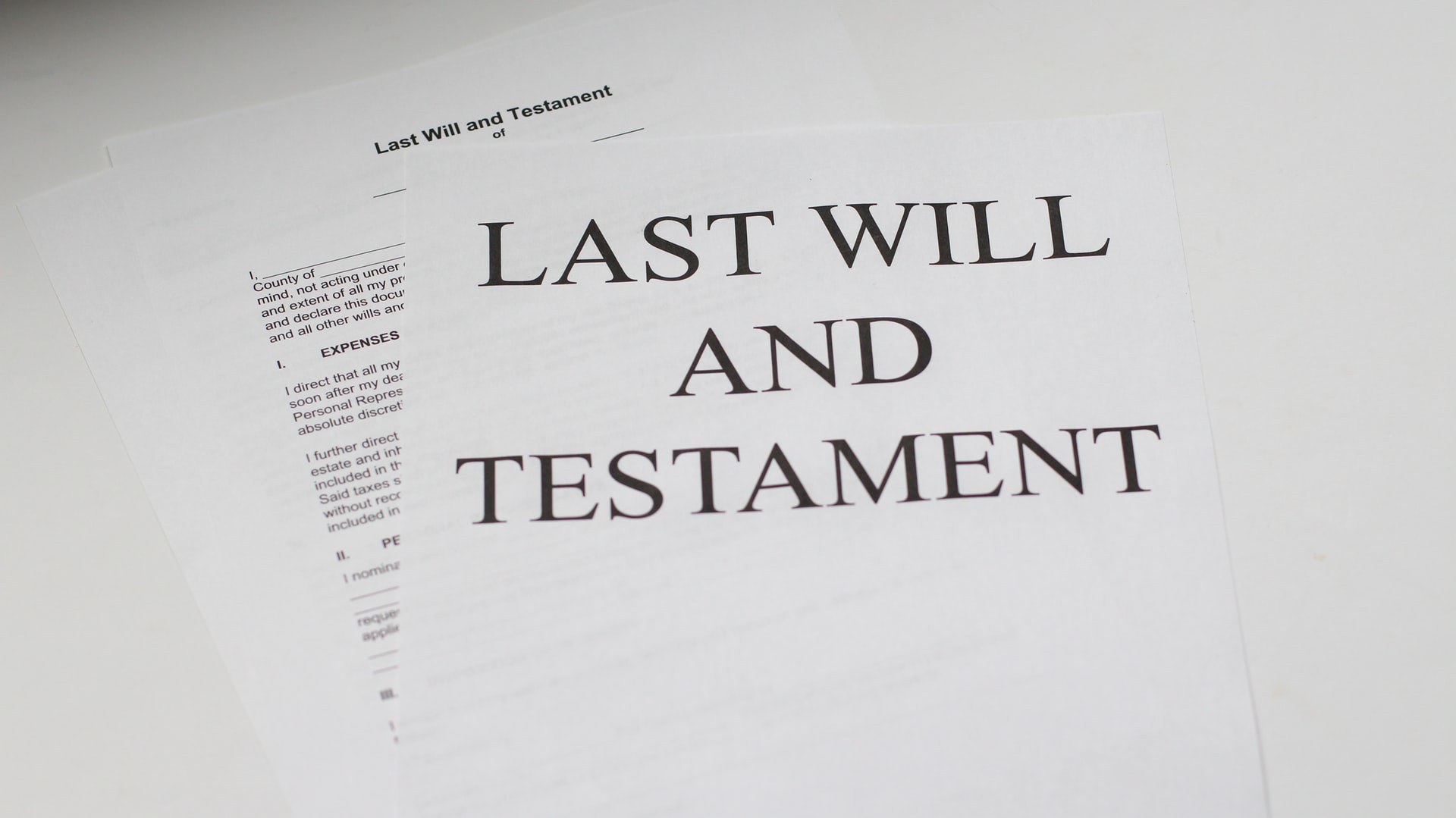Published: Sept. 11, 2023
Last Updated: Sept. 11, 2023

A tenant should know the law related to tenancy in UAE, it can be helpful to avoid unpleasant situations and maintain respectful relations between the tenant and landlord. Both parties must agree to the rules of the Real Estate Regulatory Agency.
Every tenant is obliged by law to be provided with a home/property that’s, should be in good condition and comfortably liveable. In case, anything related to repair and maintenance comes up it’s the responsibility of the landlord.
The landlord shouldn’t lead to any progressions to the property that would prevent the tenant from fully utilizing the property. If the tenant wills to do renovations he must be provided with the required approval from the landlord. Once the tenancy contract expires the landlord is required to refund the security deposit. In case, the landlord, without any legal notice prohibits the tenant from using the property, the tenant can file a case to the land dispute committee along with all the required documents.
The tenant is duty-bound to take care of the property and maintain it well. The rent should be paid on due dates. If any changes are required to be made on the property the tenant should first get permission from the landlord. The tenant is also bound to pay security deposits to ensure the maintenance of the property. Once the rental agreement expires the tenant is expected to return the possession of the property to the landlord, in the same condition from the time the tenant went into the contract. Except if generally referenced in the contract, all administration charges and duties should be paid by the tenant for the utilization of the property. If agreed by both landlord and tenant, the tenant may not eliminate any leasehold upgrades done by the inhabitant after giving up the possession of the rented property. Unless mutually agreed upon by both landlord and tenant, the tenant isn’t permitted to sub-rent the rented property to the third party without getting the written approval of the landlord.
The Tenancy Law of 2007 commands that the tenancy relationship will be expressed in a written contract and enrolled with RERA. The law likewise expresses that a tenancy contract can’t be singularly ended by one party without the assent of the other party.
In case either party wishes to end the contract before the agreed period, three months prior notice should be given. Also, on account of a landlord, a “just cause” of removal should be mentioned in the notification before he can lawfully be permitted to evict a tenant.
Contracting parties are free to mutually decide on the rents initially. But during the initial two years of the tenancy contract, no increases in rent are permitted. Moreover, Rent increases are subject to the government’s rent cap policies.

